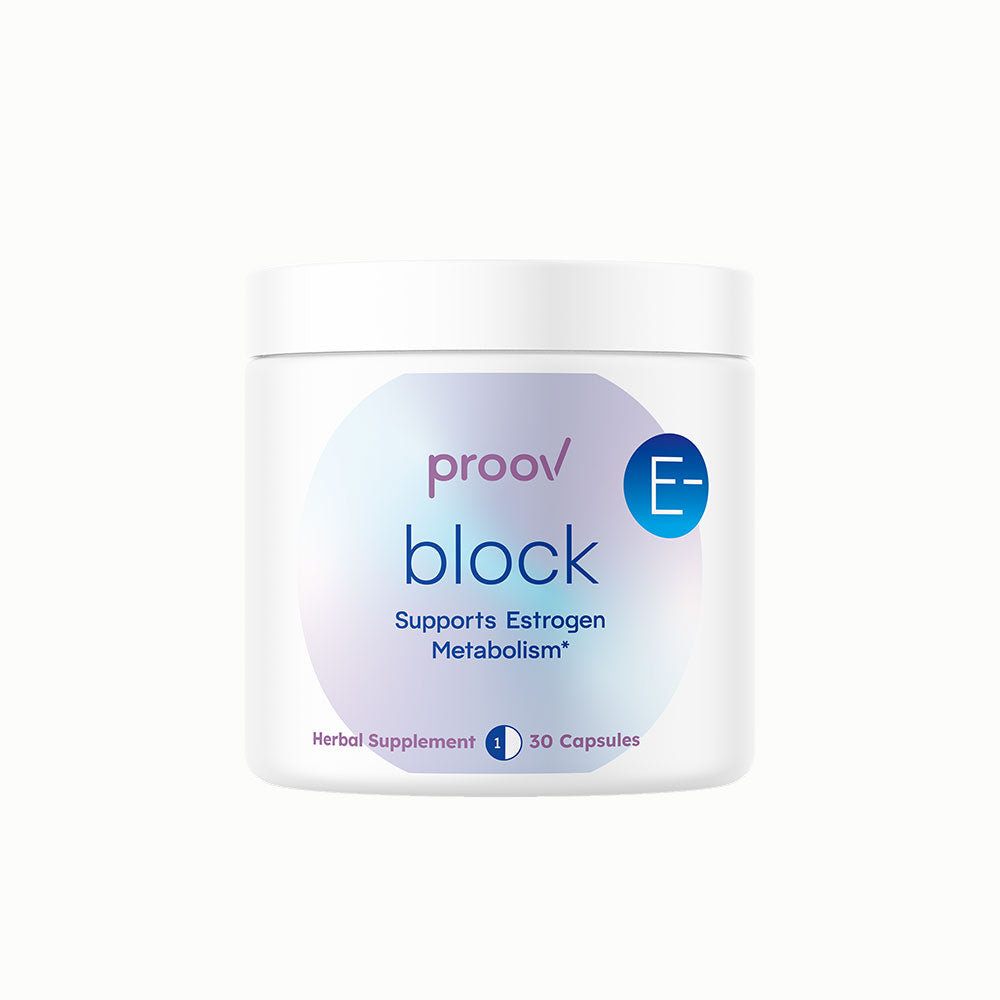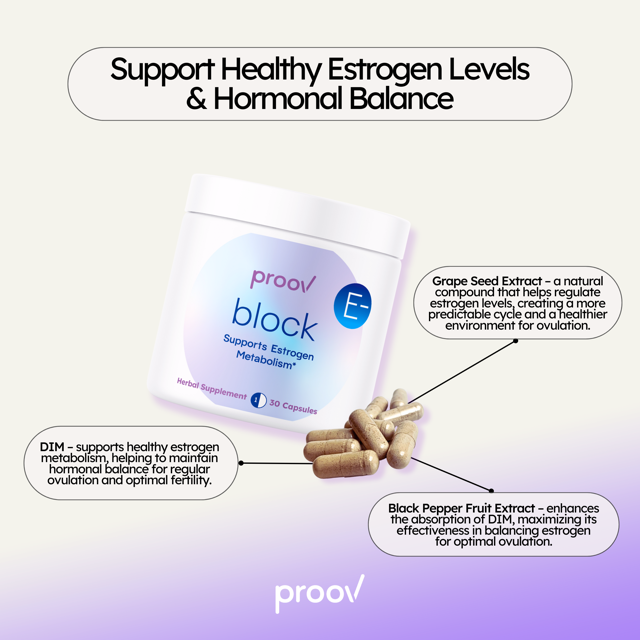If you’re wondering whether you can still get pregnant during this perimenopause, you’re not alone. This is a common question, especially for those of us in our mid to late 40s dealing with a body that feels like it’s constantly changing the rules.
Perimenopause can throw you some curveballs, but with the right information and tools, you can confidently navigate this transitional phase and understand your fertility options. Let's dive into what perimenopause means for your chances of pregnancy and how to manage this journey effectively.
What’s the difference between perimenopause and menopause, officially?
Menopause is the line between perimenopause and postmenopause; the moment you’ve gone 12 months without having a period, marking the end of your reproductive years. It typically occurs between the ages of 45 and 55, with the average menopause age range around 51. Before reaching menopause, women experience perimenopause, a transitional phase that can start as early as your mid-30s — and can bring on a range of confusing symptoms.
How does perimenopause affect my fertility?
During perimenopause, your hormone levels fluctuate significantly. Estrogen and progesterone, key players in your menstrual cycle, start to become irregular. These hormonal changes can impact your fertility, making it a bit trickier to conceive, but not impossible.
Can I still get pregnant during perimenopause?
Yes, you can still get pregnant during perimenopause. While your body is continuing to release eggs, the number and quality of these eggs decline as you age. This reduction in egg quality can make conception more challenging, but not unachievable. It’s important to note that as long as you are having periods, there is a chance of pregnancy.
Is it safe to try to conceive during perimenopause?
Conceiving during perimenopause can come with additional risks, but it is generally safe with proper medical guidance. The years leading up to menopause are marked by fluctuating hormone levels, which can affect the stability of a pregnancy. Ensuring a healthy pregnancy during this time involves careful monitoring and support from healthcare providers.
How long am I fertile?
Your fertility during perimenopause varies greatly. On average, women enter perimenopause in their mid to late 40s, but this can vary widely. Your menopause age range is influenced by various factors, including genetics and overall health. During this transitional phase, your fertile window may shorten, and identifying this window can become more challenging.
How can I increase my chances of pregnancy during perimenopause?

Estrogen and progesterone play an important part in fertility and tend to change as we age. Keeping an eye on your estrogen levels can help you better understand your cycle. High estrogen or low progesterone levels can indicate potential issues that need addressing. To increase your chances of pregnancy during perimenopause, consider the following steps:
- Track your cycle: Understanding your menstrual cycle is crucial. Keeping a diary, using an app, or wearable to track your cycle can make it easier.
- Use an at-home hormone test: Products like the Proov Complete testing system can provide valuable insights into your hormonal patterns so you can make changes that support hormone balance. These tests measure key fertility hormones, helping you pinpoint your most fertile days and help you determine whether you've ovulated successfully.
- Consider natural supplements: Proov offers natural solutions like Boost or Block to help support your natural hormone production. Balanced hormones can help improve your chances of conception.
- Consult with experts: If you’re having trouble conceiving, don’t hesitate to seek professional advice. Fertility specialists can provide personalized treatment plans to enhance your fertility.
How can I tell if I’m in perimenopause?
Proov Empower can help you identify where you are in your perimenopause journey and explore your options for managing symptoms. We offer everything from natural solutions to quality customer care from women, seven days a week. Additionally, we can connect you with medical experts quickly for progesterone prescriptions if needed. Our goal is to empower you with the information and support you need to navigate perimenopause with confidence.
One final note
Perimenopause is a challenging but manageable phase of life. By understanding your body’s changes, using reliable at-home hormone tests, and seeking professional support, you can navigate this journey with confidence and clarity. Remember, you’re not alone. Proov Empower is here to support you every step of the way.












